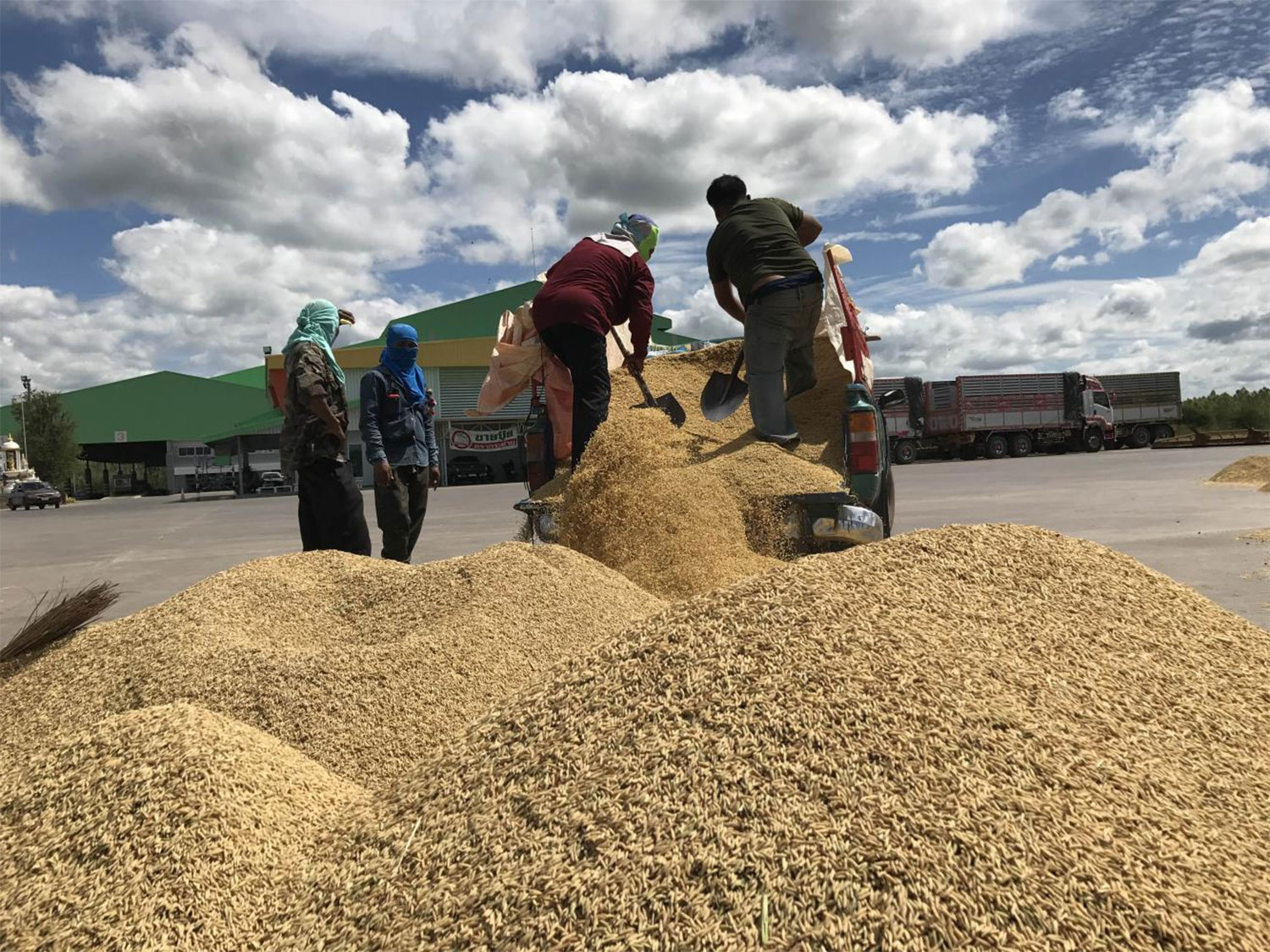
The volume of Thai rice exports dropped to its lowest in two decades last year, due to a lack of shipping containers, rising sea freight charges and a drought that lowered production. As a result, Thailand has fallen to the third largest rice exporter in the world, after India and Vietnam.
Exacerbated by Covid supply chain shocks, Thailand exported just 5.72 million tonnes of the grain, a 24.5% decrease from 2019. To make matters worse, the strong baht increased the price of Thai rice over that of its competitors, causing consumers to opt for cheaper produce from other sources.
Globally, the rice market is still contending with logistical backlogs and delays at main supply ports, caused by a worldwide shortage of containers which has caused the prices of shipping and containers to rocket, making it difficult to meet increasing shipment demand.
At the same time, the global rush to stockpile food due to the pandemic has fuelled demand for staple grains. Even countries whose output typically exceeds domestic consumption are currently importing rice, resulting in increased demand.
To solve this issue and increase rice exports, the Thai government has been working closely with the Thai Rice Exporters Association on the "Think Rice, Think Thailand" campaign. Its goal is to promote exports via online channels and activities, such as inviting bloggers from around the world to experience Thai rice, and to cooperate with other parties to raise awareness of the grain in various countries.
Canada is one of the campaign's success stories. The Thai government worked with Canadian culinary schools to raise awareness of Thai rice in the country. Thai rice became better known in Canada as a result, increasing exports by 50%, from 80,000 tonnes in 2019 to 120,000 tonnes last year.
Another successful initiative to stimulate rice exports was the signing of a government-to-government deal between Thailand and Indonesia, under which Thailand will sell up to one million tonnes of 15% to 25% white rice a year to Indonesia for four years.
The Indonesian government had been focused on promoting domestic rice production in line with its self-sufficiency policy. However, as it currently lacks sufficient domestic supply due to natural disasters and Covid, imported rice can help support demand and stabilise domestic prices.
The Thai government is currently in talks for similar deals with other countries such as Bangladesh, China and Iraq. These deals, coupled with a campaign to promote the image of Thai rice, will help the country to meet its export target of 6 million tonnes this year, while expanding its markets going forward.
Dr Thaweelap Rittapirom is a director and executive vice-president of Bangkok Bank. For more columns in this series, please visit www.bangkokbank.com